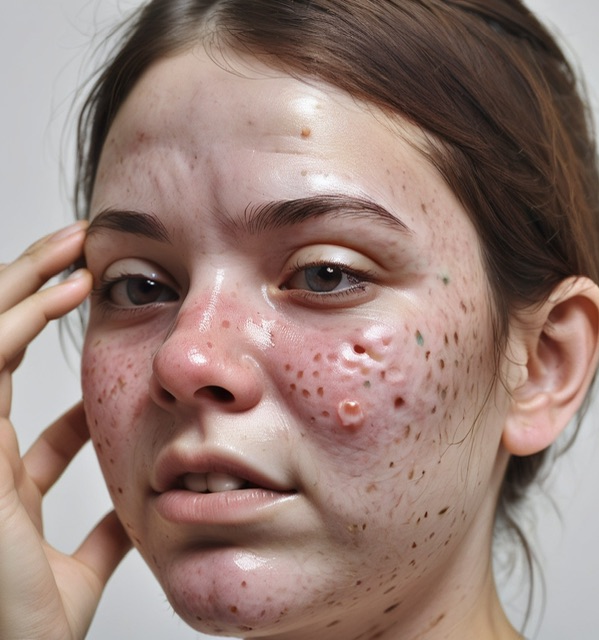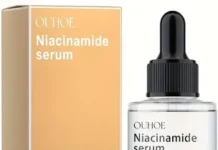Dealing with acne and pimples can be frustrating, but with the right strategies, you can manage breakouts effectively and maintain clearer, healthier skin.
Acne and pimples most times are used interchangeably but they are quite different. Acne is a host while pimple is one of the conditions/outbreaks of acne.
Here are ten detailed tips to help you manage acne and keep your skin looking its best.
- Adopt a Consistent Skincare Routine
Consistency is crucial in managing acne. Wash your face twice a day with a gentle, non-comedogenic cleanser to remove dirt, oil, and impurities. Avoid using hot water, which can strip your skin of its natural oils; instead, use lukewarm water.
Be gentle with your skin—over-washing and harsh scrubbing can irritate and worsen acne. See some good non-comedogenic cleansers for your consideration:
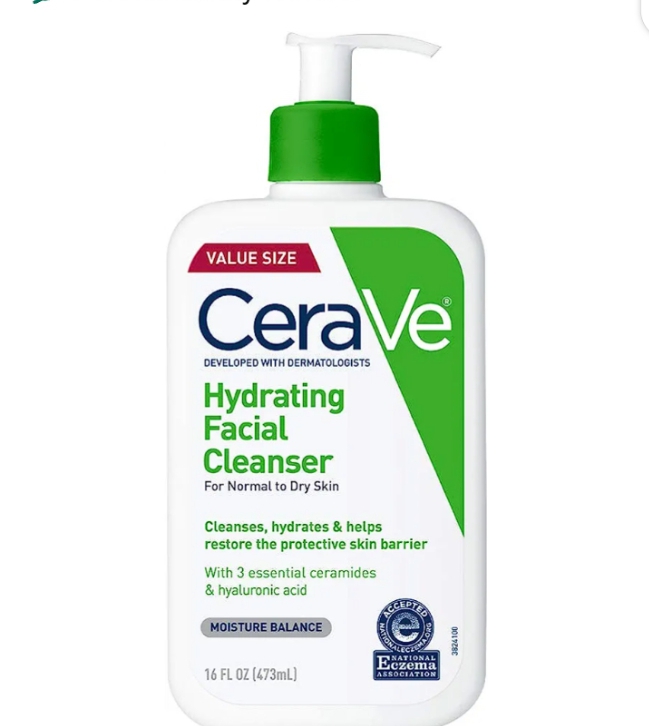
You can check this out: 👇🏽👇🏽https://amzn.to/4cEJ1w2
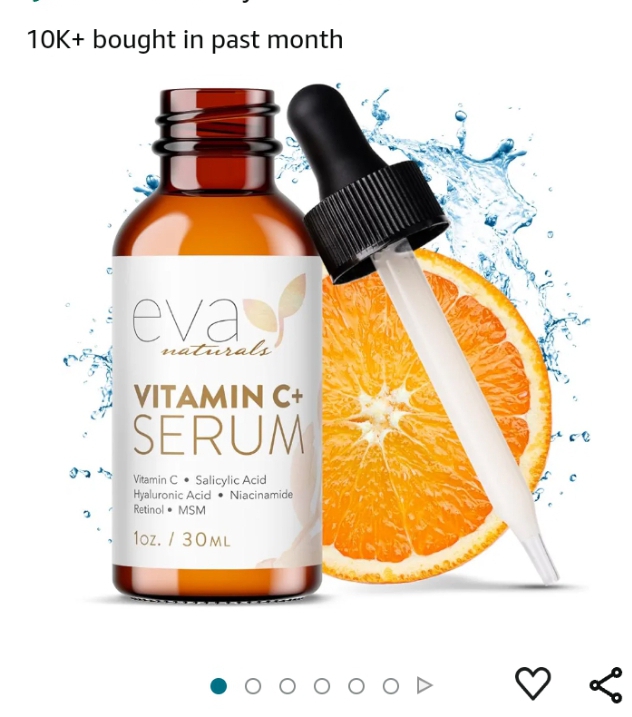
click the link to order 👇🏽👇🏽https://amzn.to/3WcsA4N
2. Use Acne Treatments Correctly
Over-the-counter acne treatments with active ingredients like benzoyl peroxide, salicylic acid, glycolic acid, or lactic acid can be effective. These ingredients help to unclog pores, reduce bacteria, and promote cell turnover.

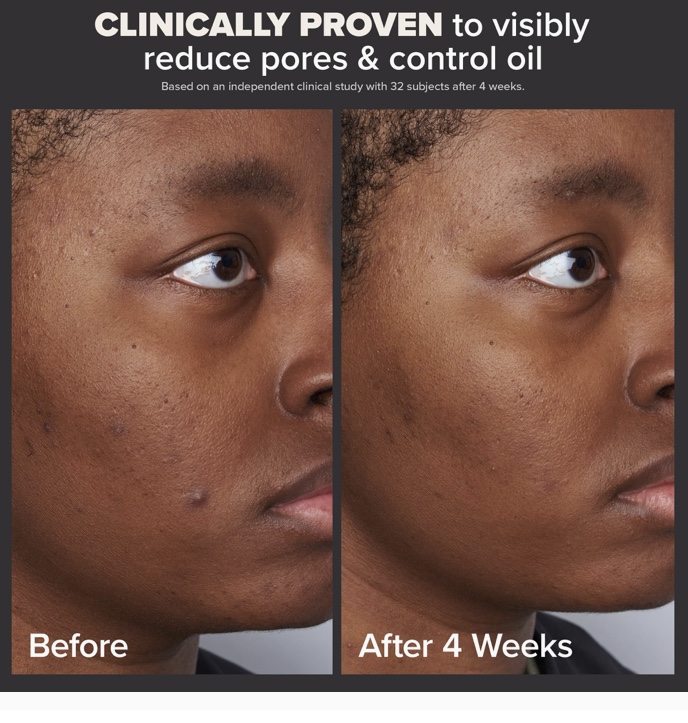
3. Moisturize Daily
Even if you have oily or acne-prone skin, moisturizing is essential. Moisturize with products that are friendly with your skin.
Many acne treatments can dry out your skin, so using a non-comedogenic moisturizer helps maintain your skin’s moisture balance without clogging pores.
Choose a product suited for your skin type—whether it’s oily, dry, or combination. See below for your consideration:
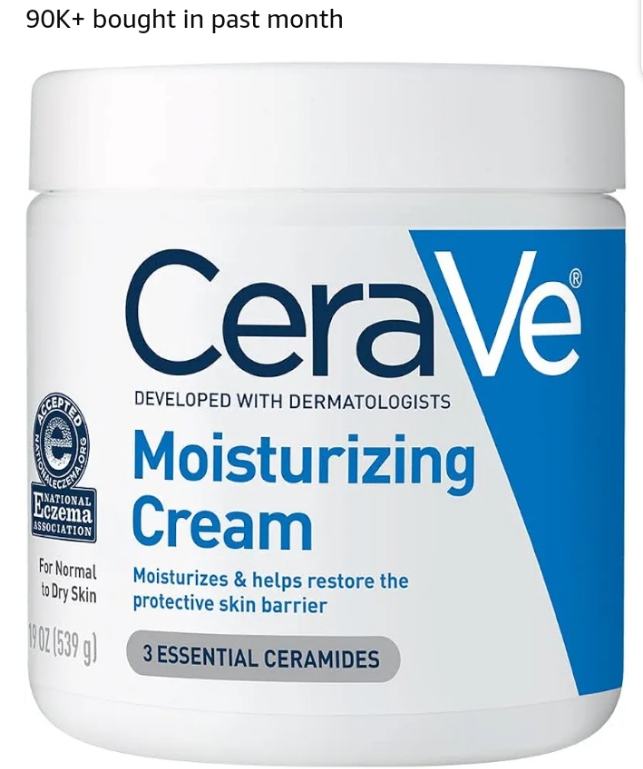
Check for more details about the product.
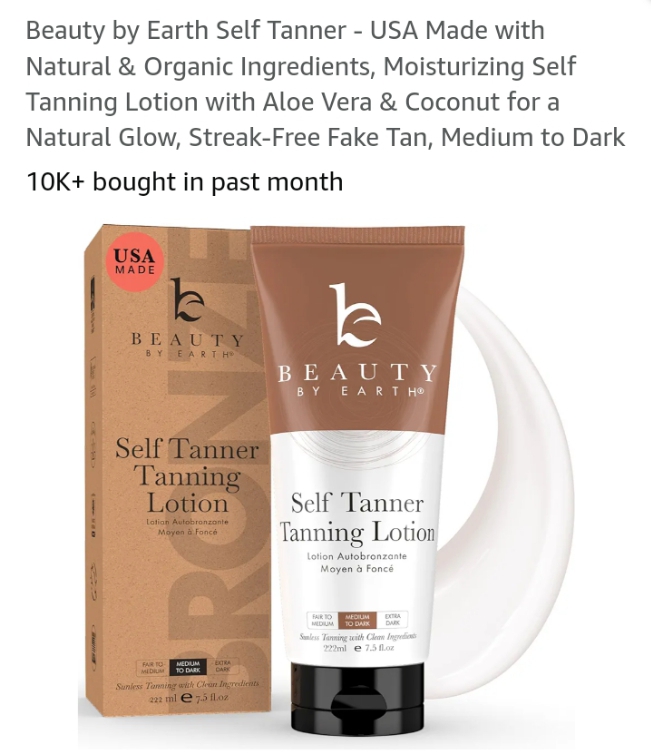
Click for product details and order👇🏽👇🏽
4. Limit Makeup Use
During breakouts, it’s best to minimize makeup. If you wear makeup, choose oil-free, non-comedogenic products and ensure you remove all makeup before bedtime to prevent pore blockage.
Opt for lighter, mineral-based makeup and clean your brushes regularly to avoid bacterial buildup. Do not share brushes. Below are good products for your consideration:
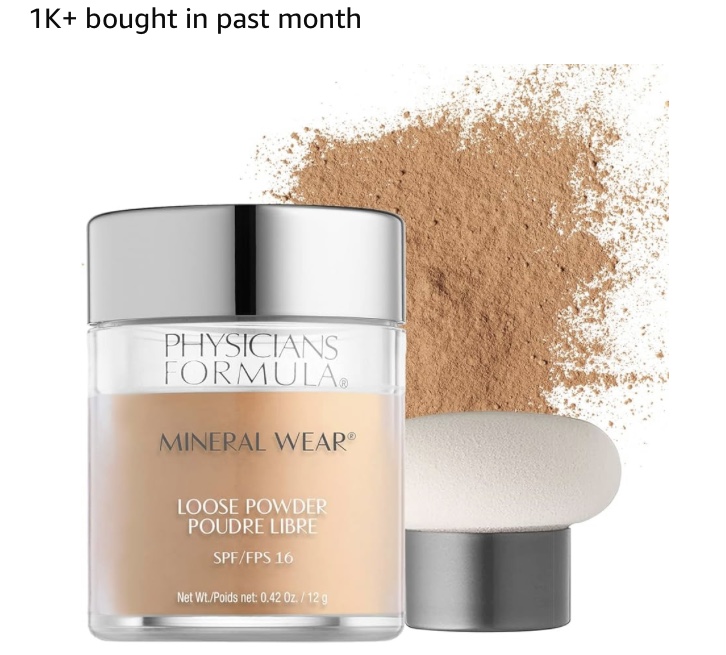
Check product details and Make your order 👇👇
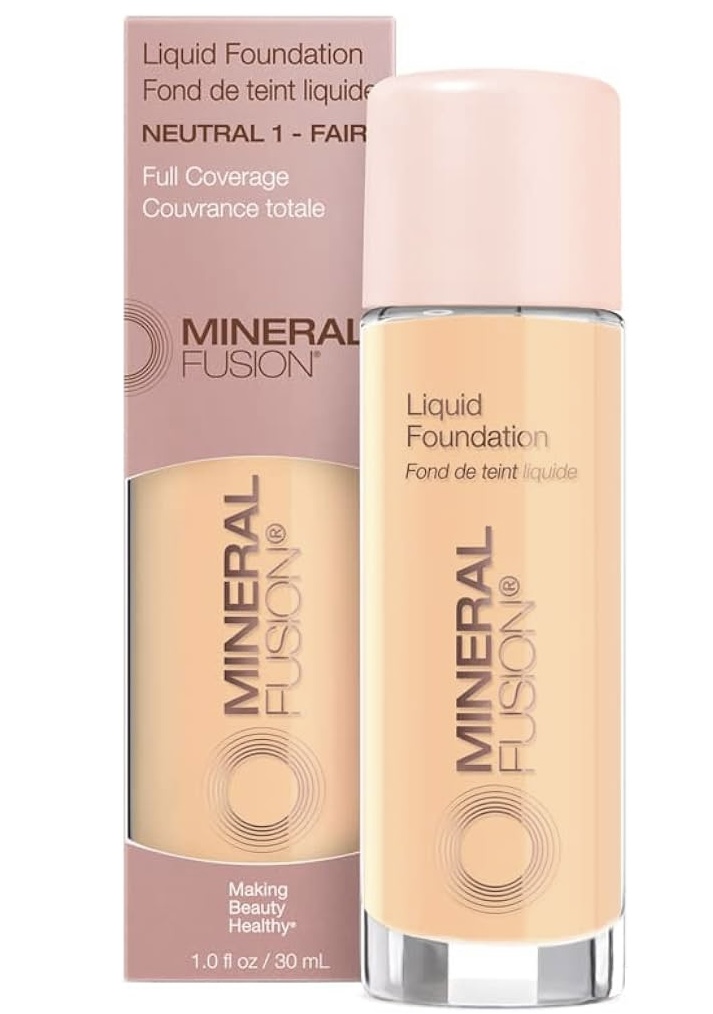
Check out the product to make your order 👇👇
5. Watch Your Hair Products
Hair care products can contribute to acne if they come into contact with your skin. Use gentle, oil-free shampoos and conditioners, and avoid products with heavy fragrances or oils. Keep long hair tied back, especially during breakouts, to prevent oils from transferring to your face.
6. Avoid Touching Your Face or popping the acne/pimples
Touching your face can transfer oils, dirt, and bacteria from your hands, leading to breakouts. Be mindful of resting your face on your hands and never pick or pop pimples, as this can cause further inflammation, scarring, and infection.
7. Protect Your Skin from Sun Exposure
Sun exposure can worsen acne and cause hyperpigmentation. Always apply a broad-spectrum sunscreen with at least SPF 30 daily, even on cloudy days. Look for sunscreens labeled “non-comedogenic” to prevent clogging pores. Wear protective clothing and limit time in the sun, especially during peak hours.
8. Maintain a Healthy Diet
While diet alone isn’t a cure for acne, certain foods can trigger breakouts in some people. Foods high in sugar and dairy have been linked to acne.
Be mindful of what you consume or apply that may trigger acne, and practice self-care to avoid or minimize these triggers.
Opt for a balanced diet rich in fruits, vegetables, whole grains, and lean proteins. Stay hydrated by drinking plenty of water to help flush out toxins and keep your skin healthy.
9. Exercise Regularly
Regular physical activity promotes overall health and can improve your skin’s appearance by increasing blood flow and reducing stress.
However, sweat can aggravate acne, so wear breathable, moisture-wicking clothing and shower promptly after exercising to remove sweat and bacteria from your skin.
10. Manage Stress
Stress can trigger hormonal changes that lead to acne. Incorporate stress-reducing activities into your routine, such as yoga, meditation, or hobbies you enjoy. Ensure you get enough sleep, as rest is crucial for skin health and stress management.
By following these tips, you can manage acne more effectively and improve your skin’s overall health.
Remember, results may take time, and consistency is key. If over-the-counter treatments and lifestyle changes don’t seem to help, consult a dermatologist for personalized advice and potential prescription treatments tailored to your specific needs.
Goodluck!


